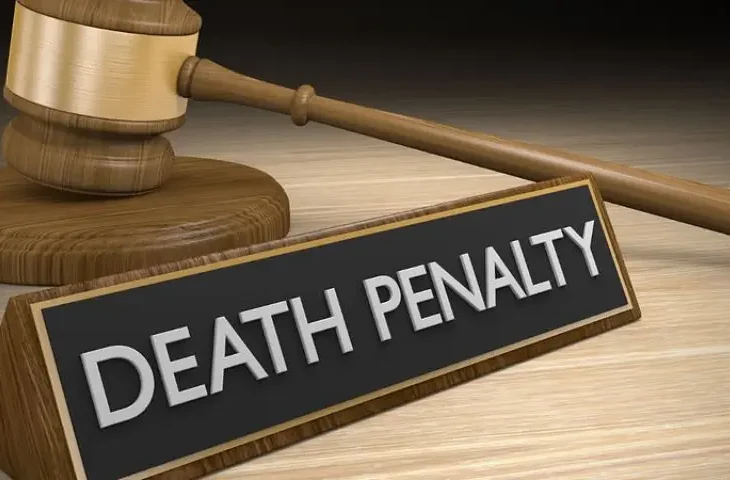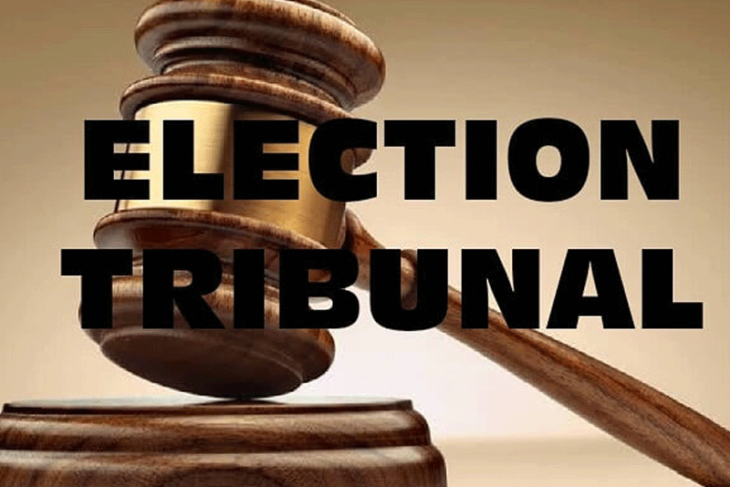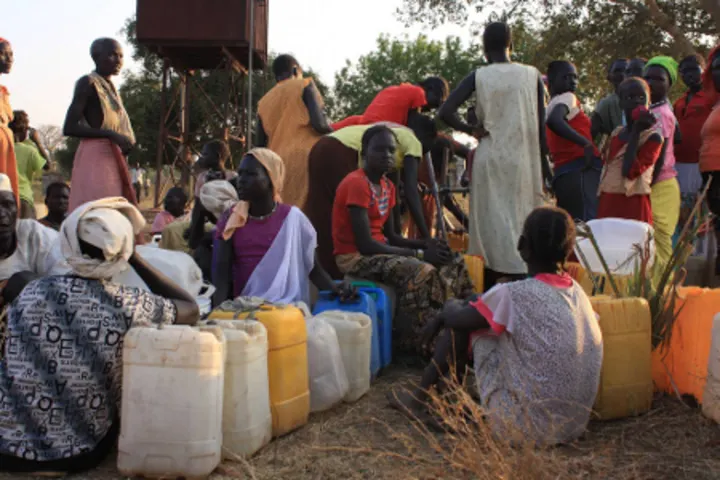
Observer groups in Nigeria on Sunday cited irregularities in the voting process they said led to the disenfranchisement of some voters in the nation’s presidential and parliamentary elections.
At a news conference in the capital Abuja on Sunday, Yiaga Africa, the country’s largest election monitoring body, said they “know that there are locations where elections did not go on yesterday.”
In Abuja, some voters said they were barred from voting and described “chaos” and “pandemonium” at polling stations on Saturday.
More people in Nigeria cast ballots Sunday morning even though voting was supposed to end Saturday. Votes were cast in Benue, Adamawa and Bayelsa states even as the counting of ballots ballots was underway Sunday in places where polls had closed, election observers said.
Preliminary results were expected as early as Sunday evening. Logistical and security challenges caused widespread delays across the country Saturday, leading to frustration among voters, some of whom waited overnight and still hadn’t voted by the following morning.
Election officials blamed the delays on logistical issues, though other observers pointed to the upheaval created by a redesigned currency that has left many residents unable to obtain bank notes.
The cash shortage affected transportation not only for voters but also for election workers and police officers providing security.
The challenges also likely resulted in low voter turnout, according to Yiaga Africa.
While Saturday’s election was largely peaceful, observers said there were at least 135 critical incidents, including eight reports of ballot-snatching, that undermined the legitimacy of the country’s democracy.
The elections were being carefully watched as Nigeria is Africa’s largest economy.
By 2050, the U.N. estimates that Nigeria will tie with the United States as the third most populous nation in the world after India and China.













